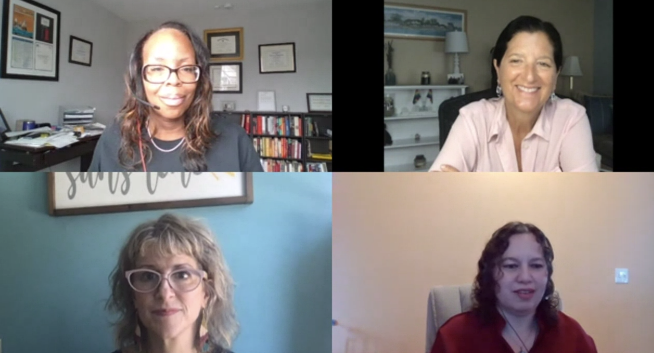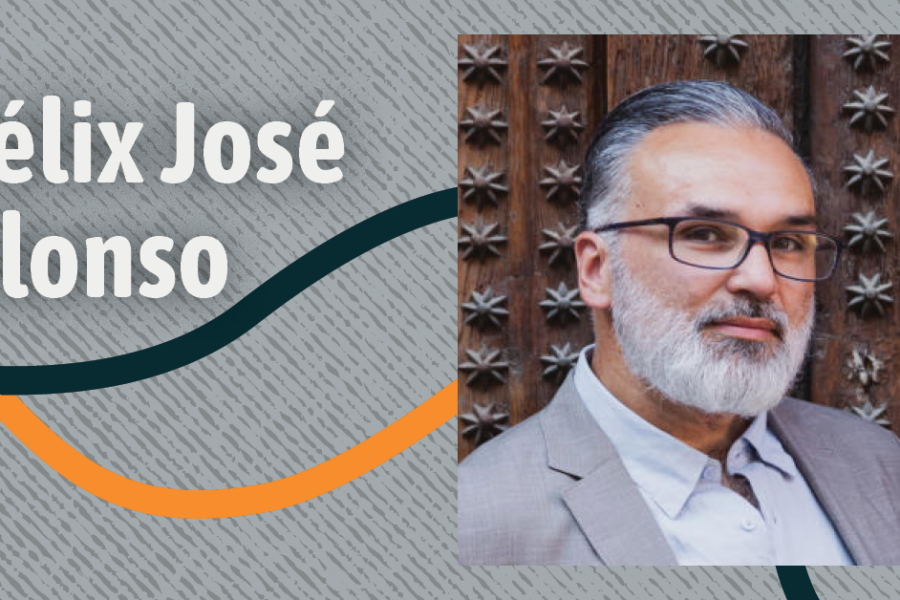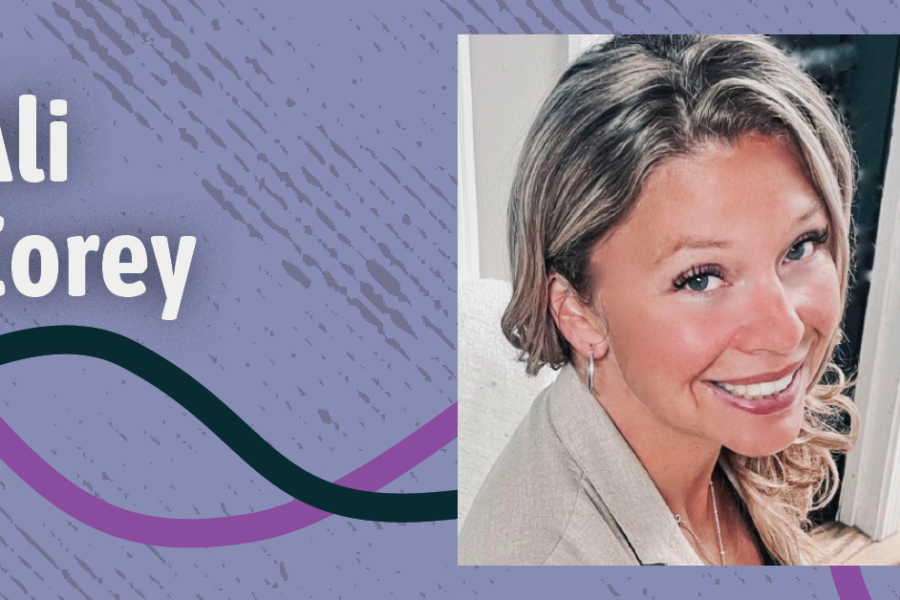Four faculty members from the Clinical Mental Health Counseling program in New England, Associate Professor and Associate Chair Dr. Devona Stalnaker-Shofner, Associate Professor Dr. Syntia Santos-Dietz, Associate Professor Dr. Deb Smith, and Professor and Chair Dr. Cathy Lounsbury were selected to present at the American Counseling Association’s annual conference. In their presentation, entitled “Antiracist Pedagogy: A Model for Social Justice in Online Counselor Education,” they shared the results from their study that investigated the relationship between Multicultural Knowledge and Awareness, Antiracist Behaviors, and Social Justice Advocacy Competence. Their study seeks to build on the existing body of research and literature around best practices to meet the standards set forth by the counseling accrediting body (CACREP) and the American Counseling Association (ACA) related to the development of multicultural, advocacy, and antiracist competence in counselor trainees.
Multicultural competency and diversity awareness refer to the goal for counselors to be able to connect with and empathize more authentically with clients, acknowledging and honoring the cultural differences between one another while suspending one’s own biases. The importance of the development of multicultural knowledge and awareness in the counseling field is based upon research that demonstrates the negative impact on both the use of mental health services and the value of those services for clients from historically marginalized groups.
The American Counseling Association has endorsed an update to the multicultural counseling competencies of the profession incorporating social justice and advocacy, including the need to advocate for equity for historically marginalized communities. The ACA 2014 Code of Ethics defines social justice as “the promotion of equity for all people and groups for the purpose of ending oppression and injustice affecting clients, students, counselors, families, communities, schools, workplaces, governments, and other social and institutional systems” (p.21), and advocacy as the “promotion of the well-being of individuals, groups, and the counseling profession within systems and organizations [which] seeks to remove barriers and obstacles that inhibit access, growth, and development (p.20).”
Social justice involves promoting access and equity to ensure full participation in the life of a society for all, recognizing the need to advocate for and with those who have been systematically excluded on the basis of race/ethnicity, gender, age, physical or mental disability, education, sexual orientation, socioeconomic status, or other characteristics of background or group membership. Social Justice pedagogy in counselor education provides counselor trainees with the knowledge and skills to both empower individuals and groups as well as actively confront injustice and inequality impacting clients.
The ACA Advocacy Competencies updated by Ratts and Toporek (2018) are actionable systemic and individual skills, steps, and strategies to foster student learning and engagement in social justice work. Following the deaths of Ahmaud Arbery, Breonna Taylor, and George Floyd, the American Counseling Association (ACA) took a stand in support of the Black Lives Matter movement by approving a resolution that acknowledged and denounced White supremacy and anti-Black racism, calling for ACA members to integrate an antiracist lens into their work (ACA, 2020). Incorporating antiracist strategies involves conscious efforts and actions to challenge and counter racism, inequalities, prejudices, and discrimination based on race. For counselors, this requires critical consciousness and both microlevel (empowering clients) and macrolevel (advocacy, policy analysis) skills.
The faculty in the Clinical Mental Health Department have studied best practices in the development of these competencies in counselor trainees to meet the profession standards, developing a Social Justice Pedagogy Committee to both incorporate effective pedagogical strategies and evaluate the effectiveness of these strategies through feedback from students and faculty. Drs. Stalnaker-Shofner, Santos-Dietz, Smith, Morrison and Lounsbury, comprising the department’s Social Justice Pedagogy Committee, have worked within the department to develop content and strategies for counseling students to gain competence in multicultural knowledge and awareness, social justice advocacy, and antiracism.
The work of the Social Justice Pedagogy committee aligns with antiracist practices in Counselor Education, helping to shift from cognition to understanding, from reflections to action, and from a moment to a movement. The hope is to provide educators, supervisors, and practitioners with practical programmatic steps to help students become informed, insightful, and active change agents advocating for their clients, the profession, and their respective communities.
The results of the study presented at the conference provide insight into the complex development of multicultural knowledge, awareness, and skills, social justice advocacy competence, and antiracist behavior. One approach that the researchers’ suggested is a developmental model of social justice pedagogy in three phases of students’ education: self-awareness, increasing knowledge, and building skills in advocacy with and for clients. Essentially, the model presented involves moving from awareness of one’s positionality, to understanding and developing multicultural competency, followed by the implementation of that knowledge in specific client advocacy support. The presentation enacts the research of Haskins and Singh (2015) and Ratts and Toporek (2018) into specific interventions to inform counselor education curriculum, preparing students to meet the multiculturalism, social justice, and antiracist standards of the profession.



